There are multiple conditions that people with dementia should be aware of, one of them being dehydration and dementia.
Many persons with dementia often suffer from dehydration.
The worst part is that this a serious condition that persons with the illness or their caregivers do not easily detect.
Dehydration happens when there is insufficient fluid intake or when the body loses too much body fluids.
Most of the individuals with dementia who suffer dehydration cannot recognize thirst; thus, they do not end up taking enough liquids.
Some caregivers might overlook the symptoms of dehydration.
This is made worse by the fact that some sick individuals cannot verbalize their needs to have a drink in a timely manner.
Signs of Dehydration
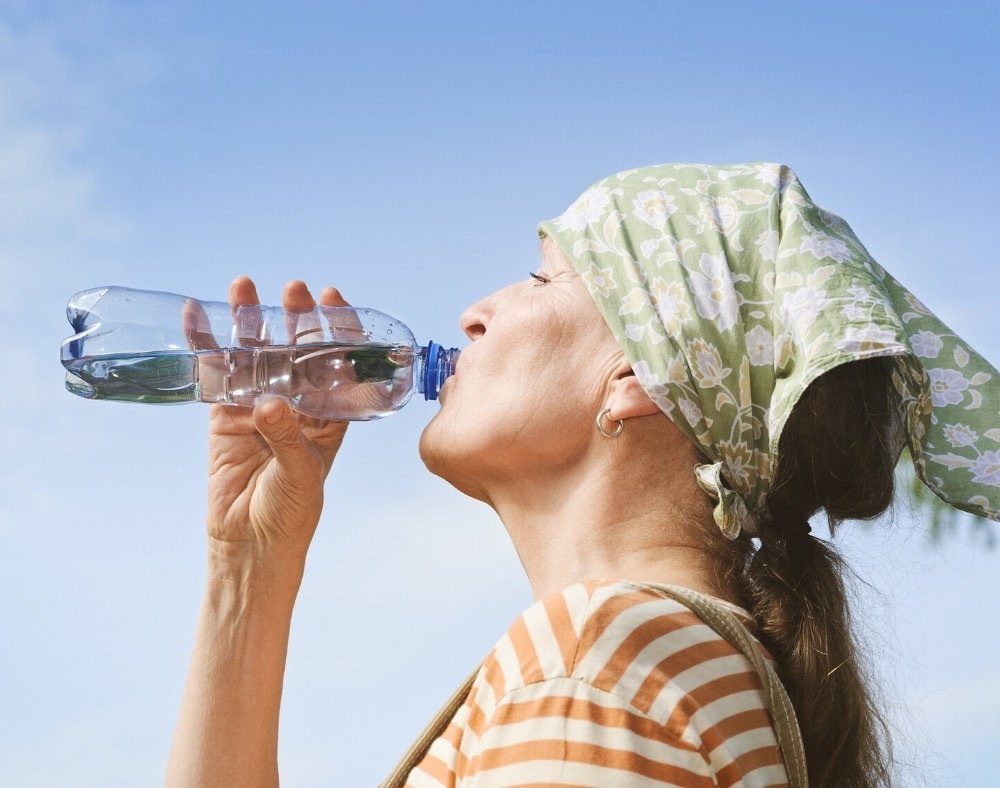
Before getting deeper into dehydration and dementia, it is important to learn about some of the warning signs of dehydration.
The most common ones include:
- Increased levels of confusion
- Changes in behavior
- Fatigue
- Agitation
- Muscle cramping especially in the legs and arms
- Infrequent urination and darker urine
- Dizziness
- Sunken eyes
- Nausea
- Headaches
- Lower blood pressure
- Dry lips, tongue, and mouth
- Development of UTIs
Causes of Dehydration in Individuals with Dementia
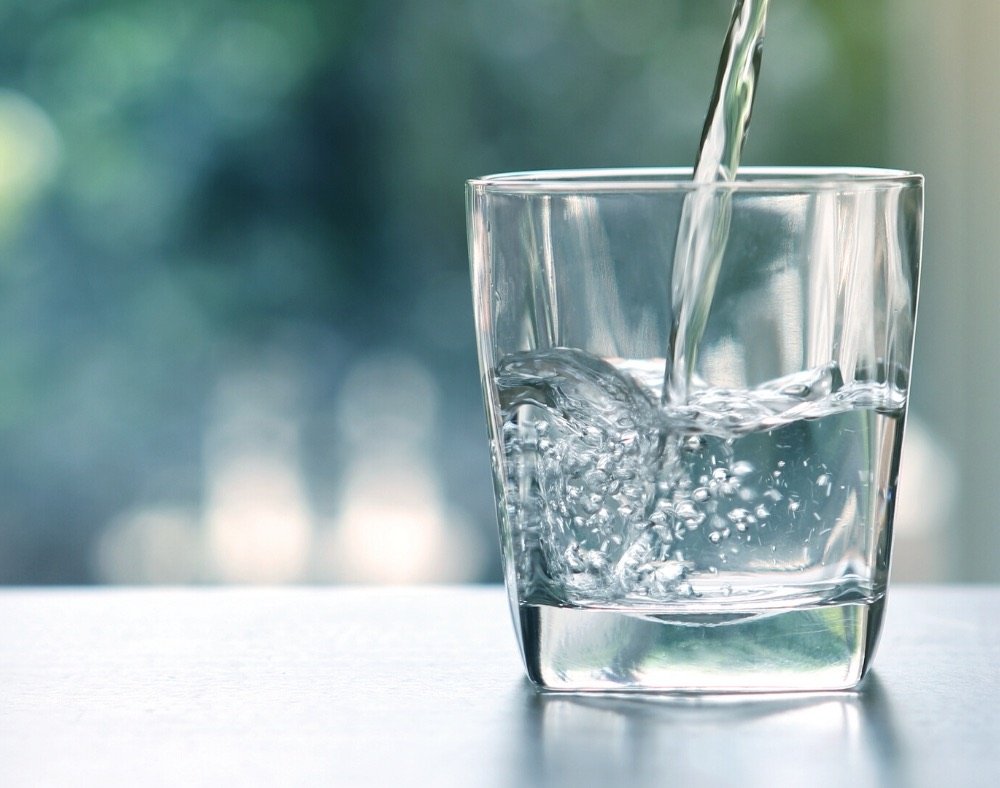
Multiple factors can cause a person with dementia to experience dehydration like:
- Incontinence
- Natural aging process
- Needing assistance with fluids and food consumption
- Living in care facilities with poor training on dehydration
- Depression
- Decreased thirst levels
- Medications like laxatives and diuretics
- Acute illnesses such as colds
- Vomiting and diarrhoea
- Limited mobility
- Inability to swallow
How to Avoid Dehydration

When dealing with dehydration and dementia, it is important to learn strategies that can help to keep dehydration at bay.
Some of the most effective ones include:
Leaving a jug or glass of water within reach

If a person does not take enough water because of mobility issues, help them out by making sure water is within reach. It does not have to be a clear glass.
You can use a brightly colored cup so that it draws attention to the person who needs to drink the water.
If this does not work for a particular person, using a dark-colored cup can help make the drinking process easier.
Make sure the glass is not too heavy or has a weird shape. Straws might also prove to be helpful.
Prompt the person to take water
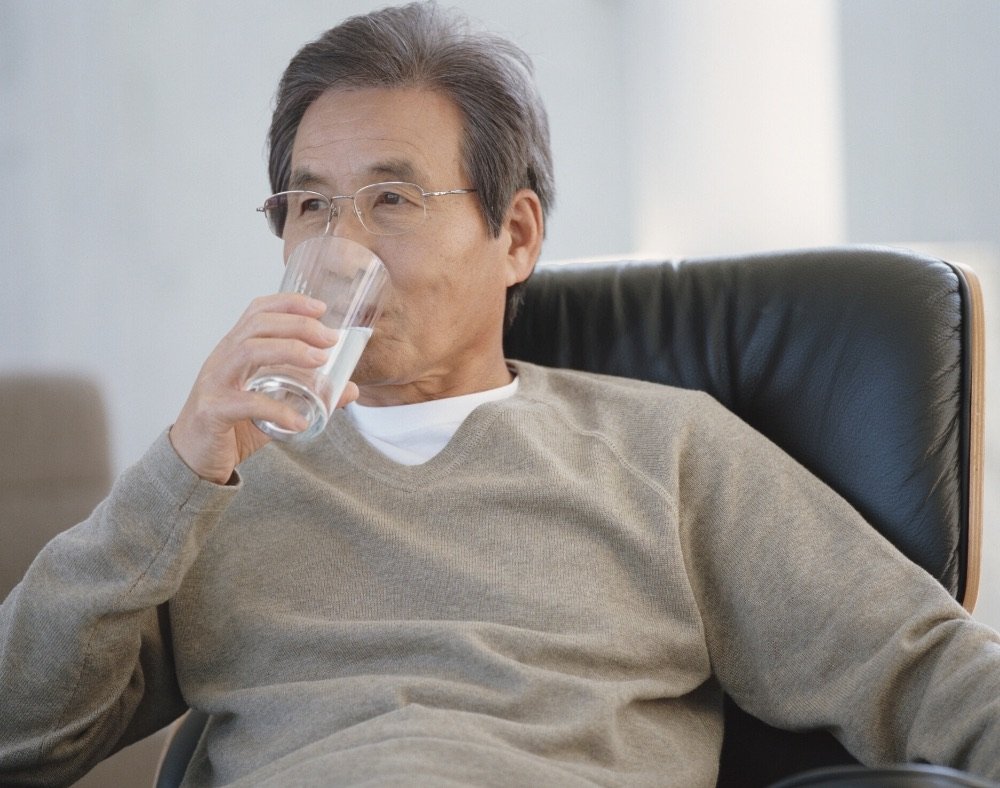
If a person with dementia does not take water because they are constantly forgetting, you should remind him or her to take a drink frequently.
Phone reminders can assist with this.
You may even have to call the sick person to remind them to drink water if you will be far away from them but still want to remind them to drink water.
You can even make this a sociable activity. This is where you pick something to drink and prompt the sick individual to also drink with you.
Do this several times each day when possible.
Eliminate challenges
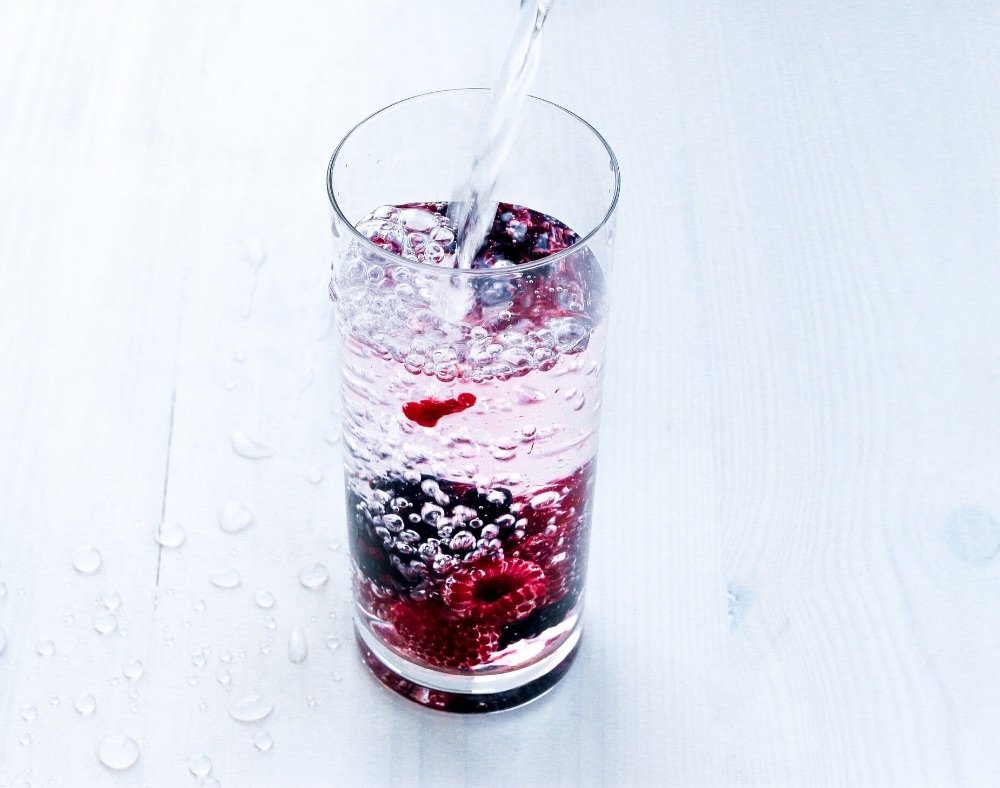
Elderly persons with muscle weaknesses, arthritis, or Parkinson’s disease are at high risk of developing complications that come with dehydration and dementia.
This is because they may have a hard time gripping a cup or taking it to their mouth.
Offering no-spill smaller cups can give a solution, making the ill person more confident in their drinking abilities.
Finding Creative Ways to Slip Liquids into a Person’s Daily Activities

This is especially helpful for persons who refuse to take liquids.
Some of the options to explore include vegetables, fruits, hot chocolate, ice-cream, Jell-O, applesauce, and popsicles.
While it is best to drink clear water throughout the day, the sick individual may not have a taste for pure water.
Here you can try flavored water, herbal teas, and healthy juices to ensure a person gets enough liquid.
Review medicine interactions
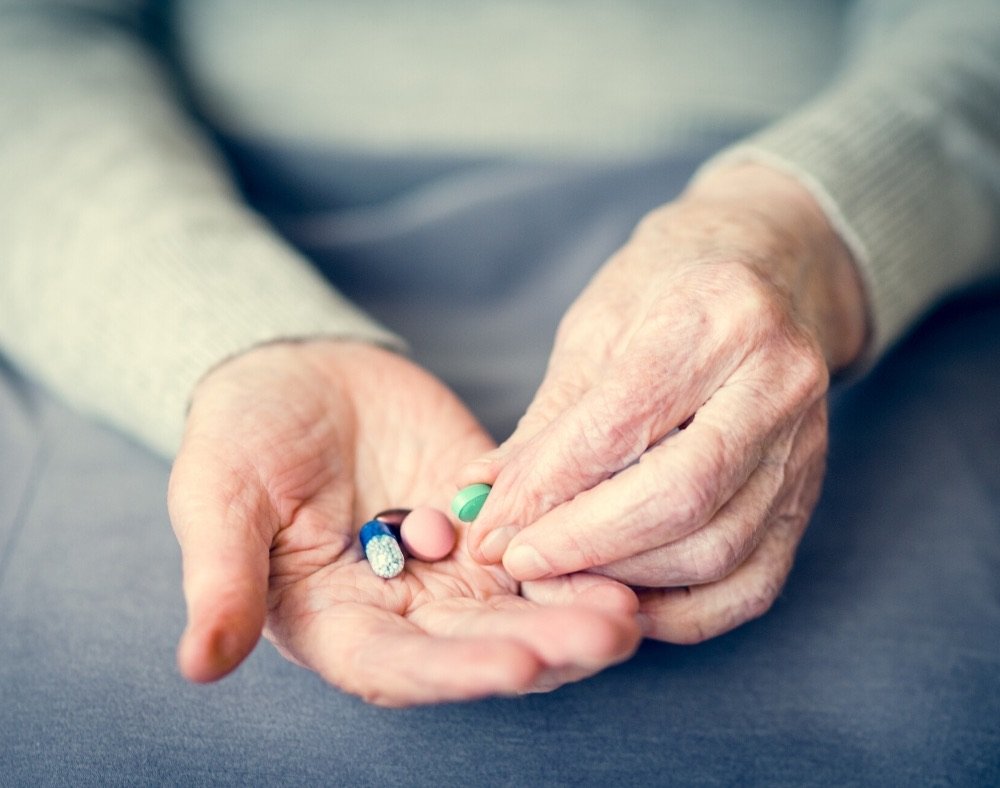
Some drugs that people with dementia take may contribute to dehydration. These include both over-the-counter-drugs and prescription medication.
Review warning labels and consult your doctor if the sick person is taking medicines that cause dehydration.
The professional can change the drugs or advice on the best way to avoid dehydration.
Recognize early dehydration warning signs
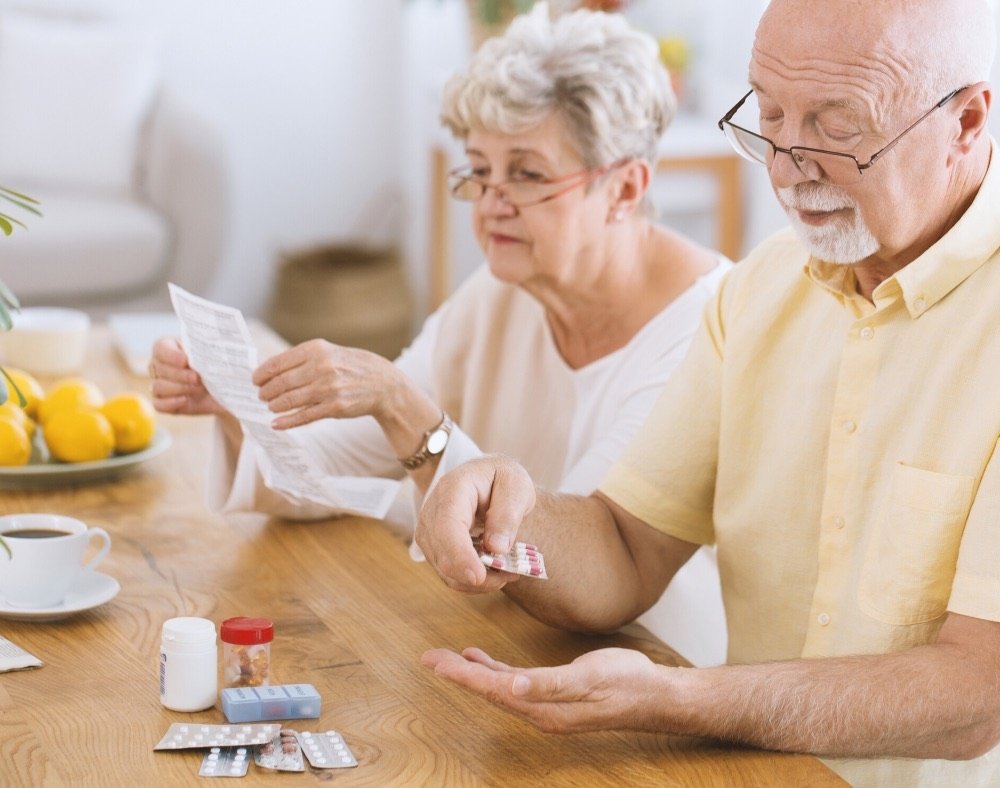
Early detection of dehydration is the best way to give the person with dementia the help they need.
Go through the list of some warning signs above to treat the problem as soon as it manifests itself.
Avoid giving people with dementia alcohol, coffee, and high-protein drinks in large quantities.
These normally have diuretic effects, which lead to increased levels of losing water in the body leading to dehydration.
Dehydration and Dementia Final Thoughts
People caring for their loved ones with dementia need to be proactive when it comes to ensuring that sick individuals have enough to drink.
This is because a person with dementia may not always ask for a drink, hence end up suffering from the problems that come with dehydration and dementia.
Note that dehydration can lead to increased mortality rates.

